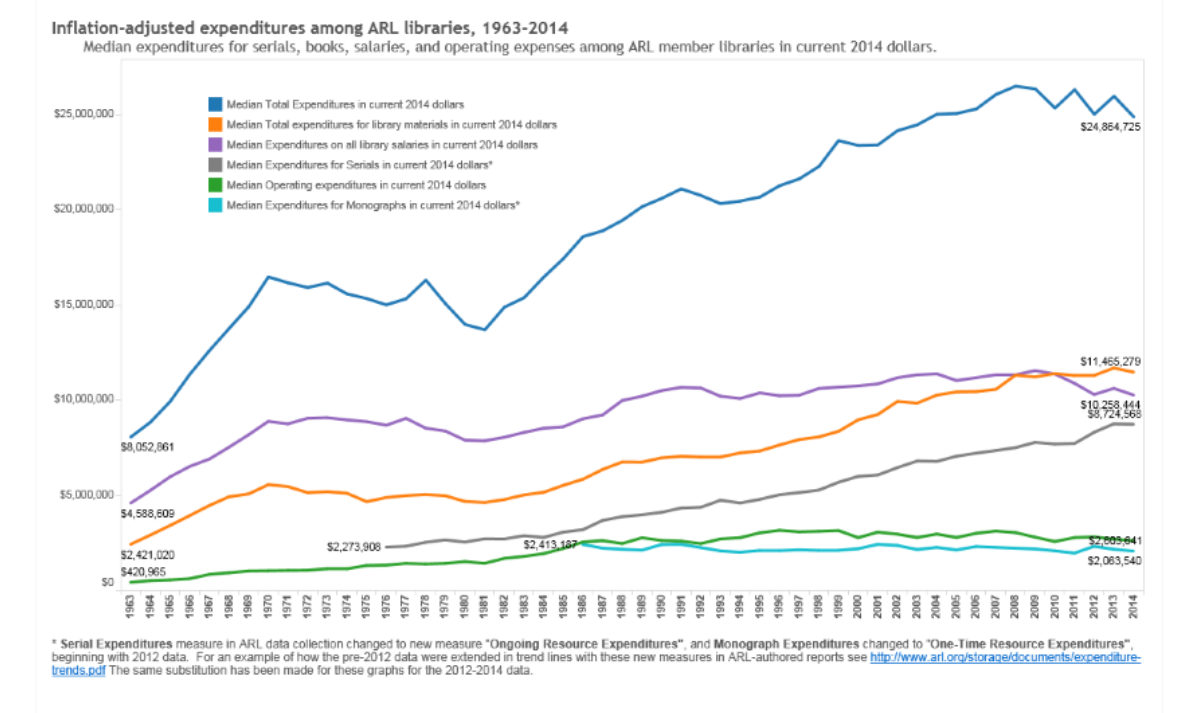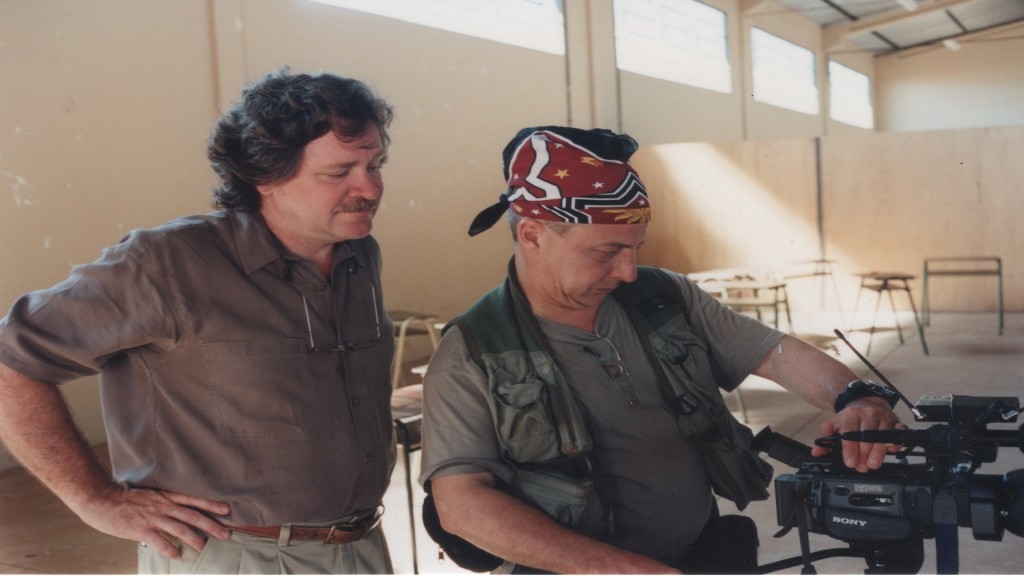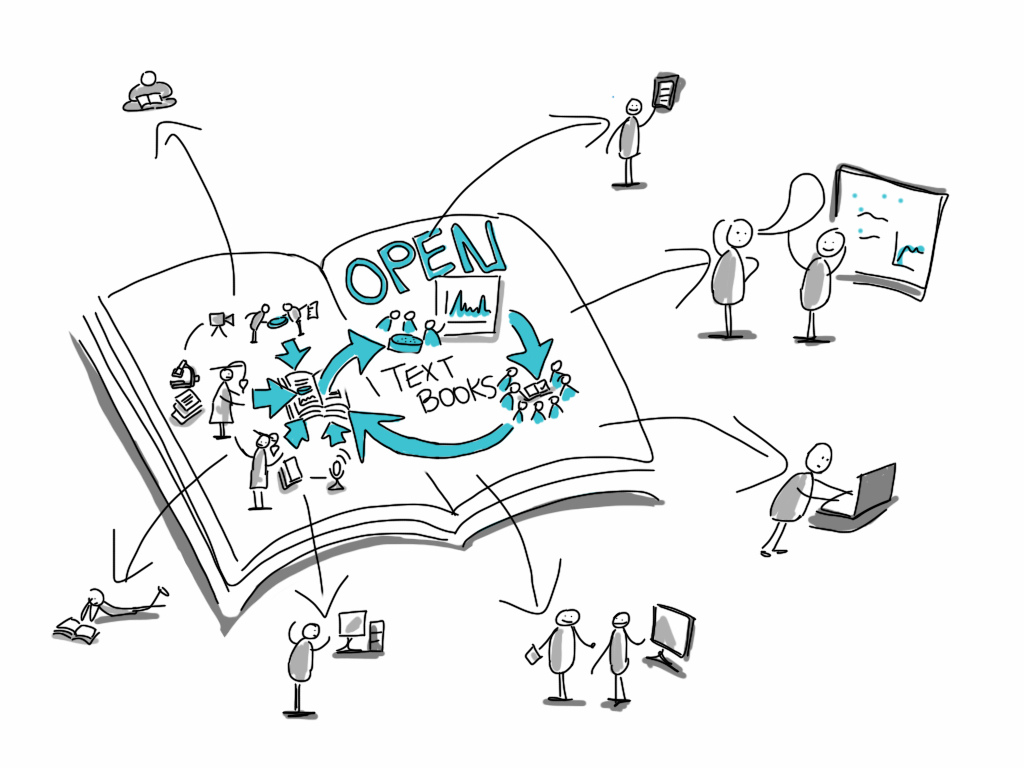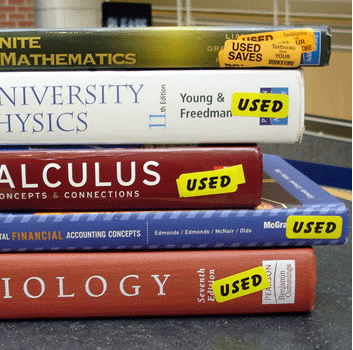 It’s no longer a question of why Open Access is important, but how we get there.
It’s no longer a question of why Open Access is important, but how we get there.
Open Access Week, a global event now entering its eighth year, is an opportunity for the academic and research community to continue to learn about the potential benefits of Open Access, to share what they’ve learned with colleagues, and to help inspire wider participation in helping to make Open Access a new norm in scholarship and research.
According to SPARC, the Scholarly Publishing and Academic Resources Coalition, Open Access has the potential to maximize research investments, increase the exposure and use of published research, facilitate the ability to conduct research across available literature, and enhance the overall advancement of scholarship. Research funding agencies, academic institutions, researchers and scientists, teachers, students, and members of the general public are supporting a move towards Open Access in increasing numbers every year. Open Access Week is a key opportunity for all members of the community to take action to keep this momentum moving forward. http://www.sparc.arl.org/initiatives/openaccessweek
The UConn Libraries has been working towards raising awareness of the benefits of Open Access and providing tools to help. A few resources include:
Scholarly Communications Website
The scholarly communications website provides information about new publishing models and a tool box of information including copyright guidelines, Creative Commons licensing, and authors rights.
Open Educational Resources Guide
The Open Educational Resources (OER) guide is a place to find all of the work that UConn is doing to educate and encourage the use of open educational resources. OERs are focused on teaching, learning and research resources that are in the public domain or have been released under an intellectual property license that permits their free use and re-purpose by others.
Research Data Services
Our research data team can help researchers effectively manage research data, including options for publicizing your data.
Digital Commons @ UConn
DigitalCommons@UConn is UConn’s electronic repository and a way to organize, store and preserve research in digital form. It is also a potential platform for open access journals, such as the recently released The Quiet Corner Interdisciplinary Journal.
Public Access Policy Plans for U.S. Federal Agencies
In February 2013, the White House’s Office of Science and Technology Policy (OSTP) required all federally funded research to be made freely available to the public within one year of publication, and required researchers to better account for and manage the digital data resulting from federally funded scientific research. This guide provides links to the federal agencies involved.
Not sure where to start? Give your subject specialist a call. They can help you navigate.
Want to get involved, follow along on Twitter with #oaweek.






